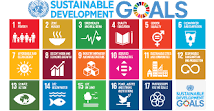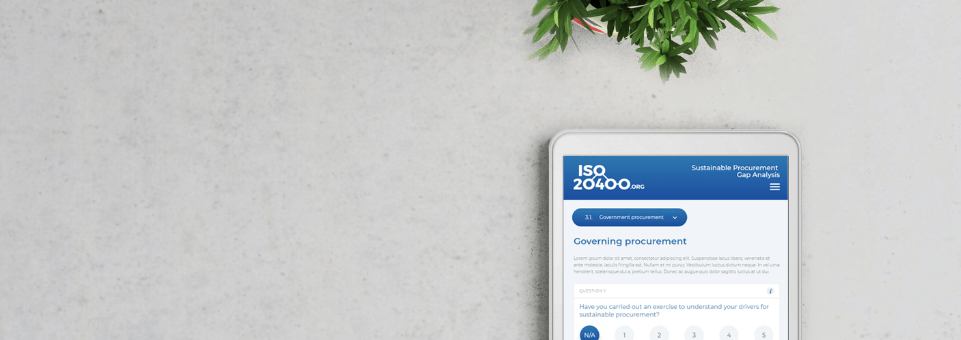Research by DNV and WBCSD on Circular Economy from around the world. Contributed by Antonio Astone
A circular economy represents a departure from traditional manufacture and consumption patterns. It is intended to reduce consumption of resources by designing waste out of the system. The concept is not new, but results from this ViewPoint survey aimed at gaining More than half of respondents, report they are beginning to explore the issue and prepared to adopt at least one model within the next 3-5 years. Around 12% report circularity being core to their business strategy but only 5.9% indicate a mature approach.understanding of adoption, new business models, actions and benefits applied and achieved by companies transitioning suggest limited take up.











